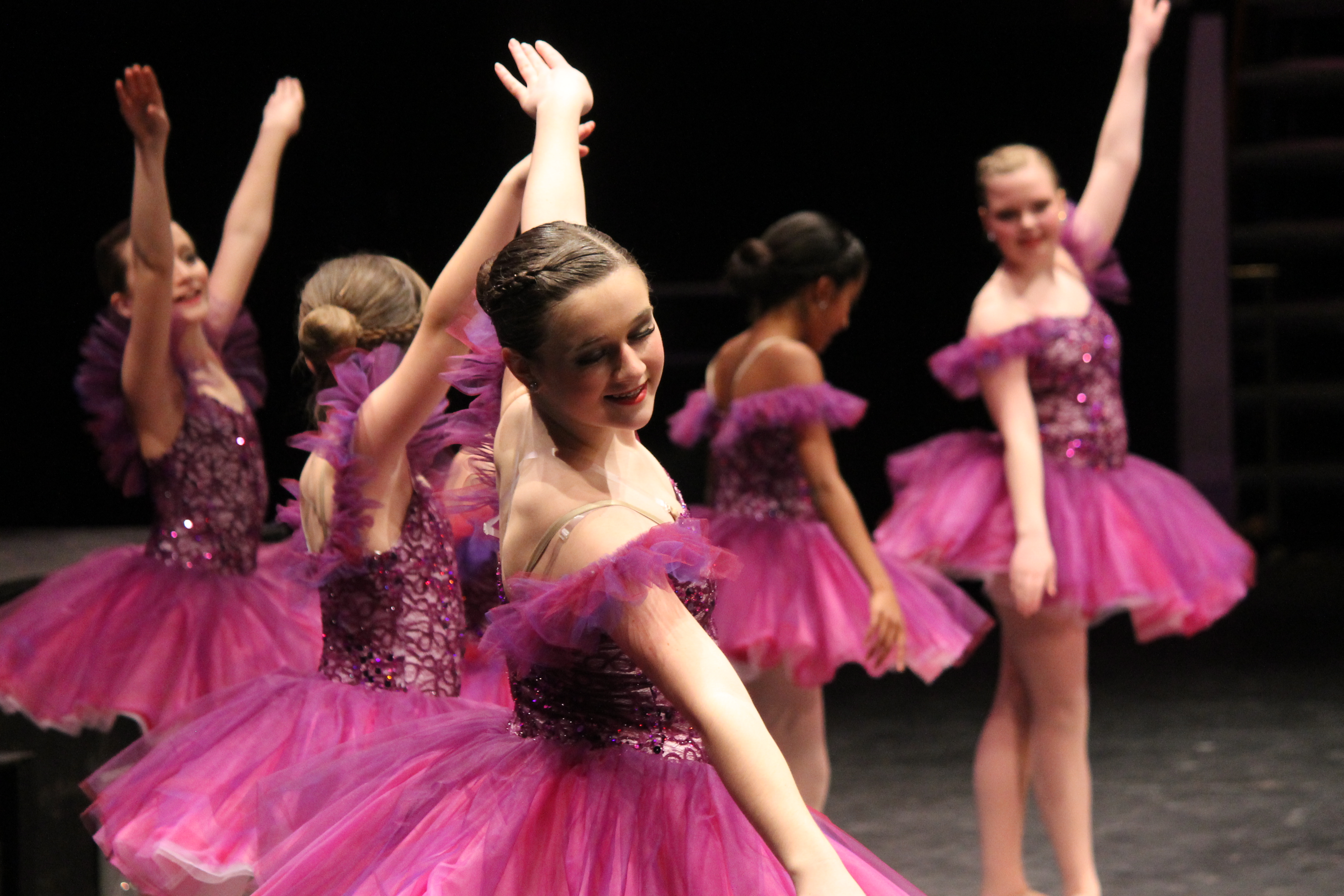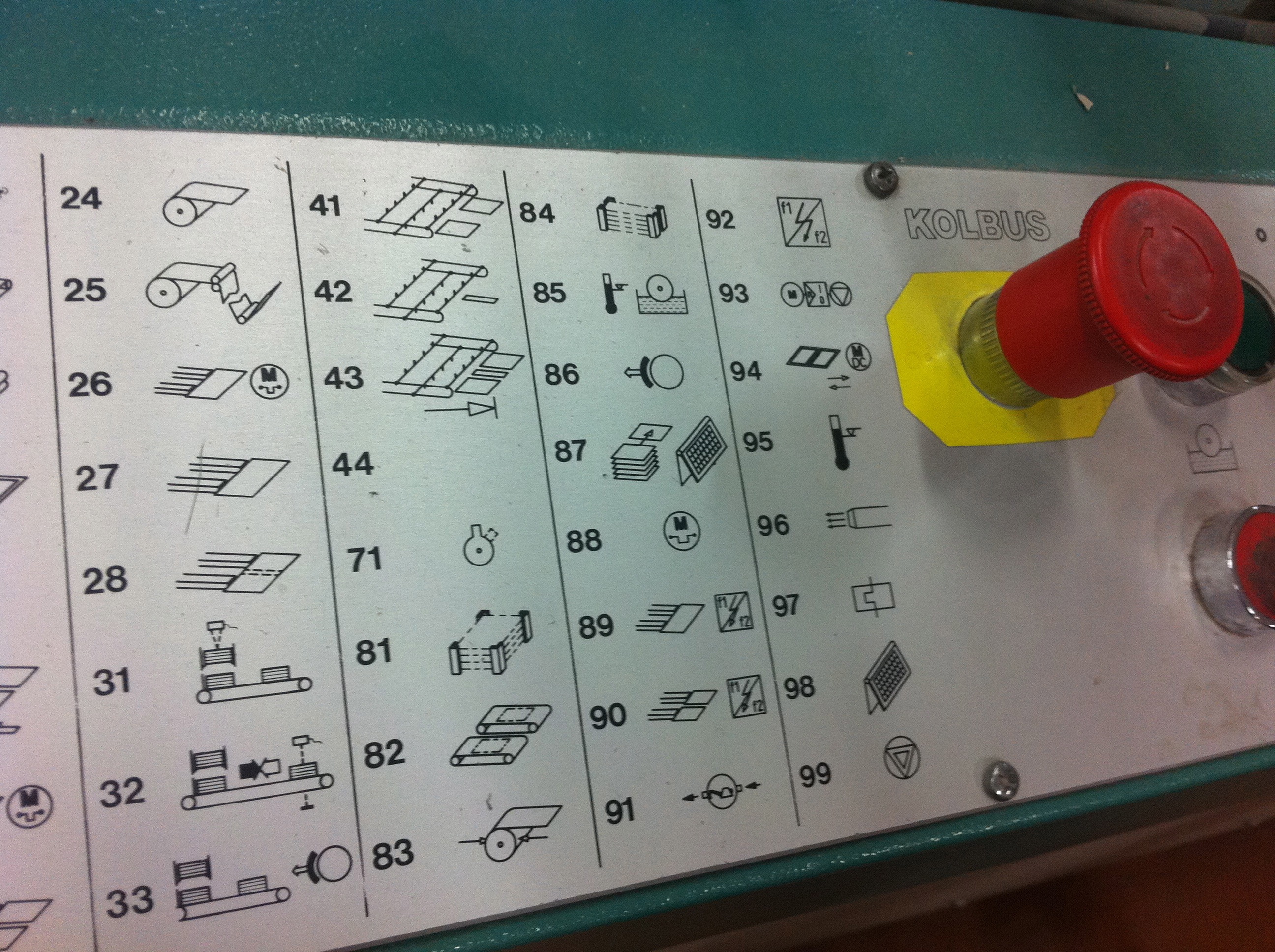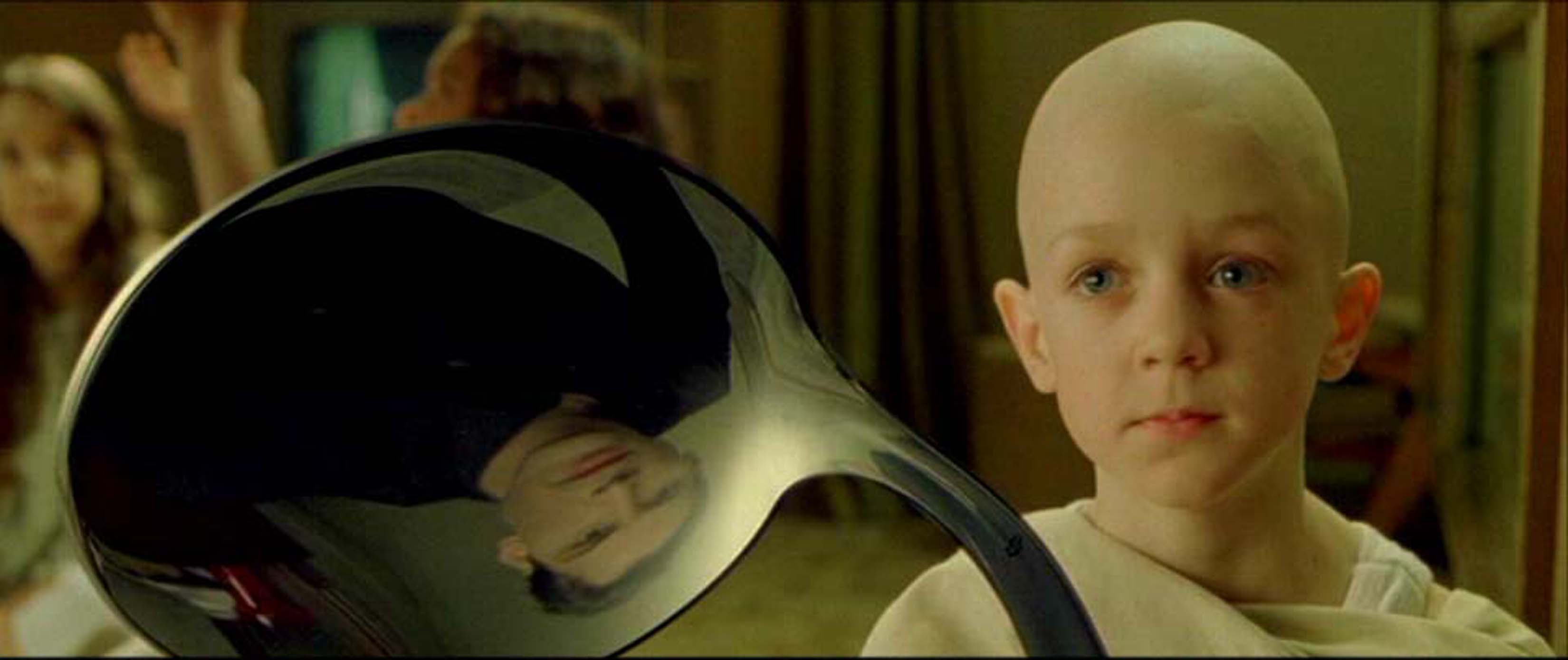
Few empirical studies have examined the relationship between learning organization dimensions and nonprofit performance. Susan McHargue’s study was conducted to understand this relationship and how it impacts nonprofit organizations’ ability to become nonprofit learning organizations. The results offer guidance to human resource developers and managers who desire to integrate learning organization concepts into nonprofit organizations.








